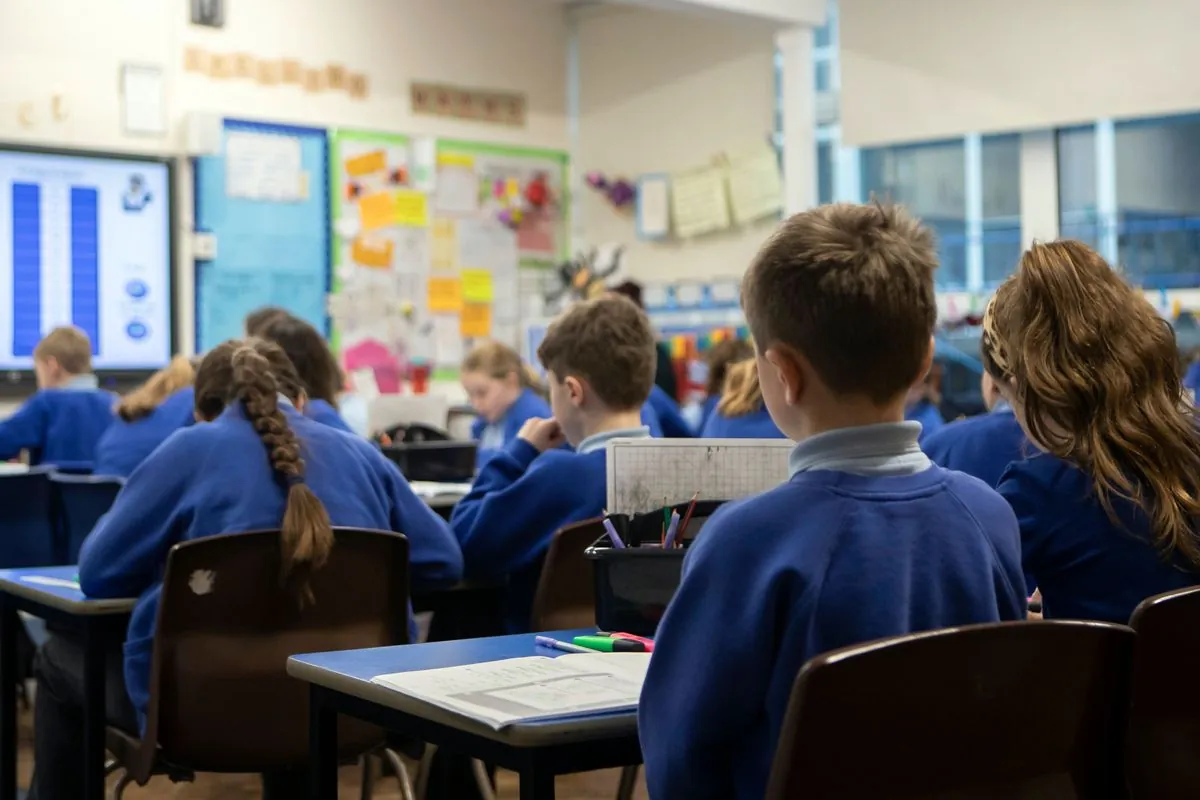Labour Peer Challenges VAT on Private Schools, Warns of Unintended Consequences
A Labour peer criticizes the UK government's plan to impose VAT on private schools, warning it may not benefit state education and could impact middle and low-income families. Concerns rise over potential legal issues and increased pressure on state schools.

In a surprising turn of events, Lord Hacking, a Labour peer, has publicly criticized the UK government's plan to impose Value Added Tax (VAT) on private schools. This marks the first instance of a Labour member openly opposing this controversial policy, which has been a subject of intense debate since its proposal.
Lord Hacking expressed his concerns in a letter to the Prime Minister, arguing that the tax would disproportionately affect middle and low-income families while failing to generate additional funding for the state education sector. This stance contradicts the Labour Party's official position, which estimates the policy could generate £1.5 billion in revenue.
The proposed policy, set to take effect on January 1, would require private schools to pay 20% VAT and business rates, with few exceptions. Labour leadership, including Sir Keir Starmer, maintains that this measure is necessary to recruit 6,500 more teachers and increase investment in state schools.
However, the Adam Smith Institute, a London-based think tank, presented a contrasting view in March. Their report suggested that if the tax forces a quarter of private school pupils into the state sector, it could potentially cost taxpayers up to £1.6 billion annually.

Lord Hacking highlighted specific concerns for schools in less affluent areas, such as Bolton School and Hulme Grammar School in Greater Manchester. He argued that imposing VAT on these institutions, which often collaborate with the state sector, could undermine their ability to provide educational benefits to their communities.
The peer's criticism extends beyond financial implications. He warned of potential legal challenges, suggesting that the policy might conflict with human rights law. This adds another layer of complexity to an already contentious issue.
"The high probability is that, particularly with larger levels of pupil migration, the proposed VAT scheme will provide no profit or benefit to state education and will become a tax burden on the state."
The debate has intensified as reports emerge of increased inquiries from private school parents about state school vacancies. Surrey County Council, for instance, received 582 email queries in just two weeks last month, indicating a potential surge in demand for state school places.
This situation has raised alarms among educators. Headteachers, bursars, and governors from approximately 50 schools have signed a letter to the Treasury, warning of the risk of state schools being "overwhelmed by a mid-year surge in demand for school places that has not been forecasted."
As the implementation date approaches, the controversy surrounding this policy continues to grow. With concerns ranging from financial implications to potential legal challenges and increased pressure on state schools, the debate over VAT on private education remains far from settled.


































